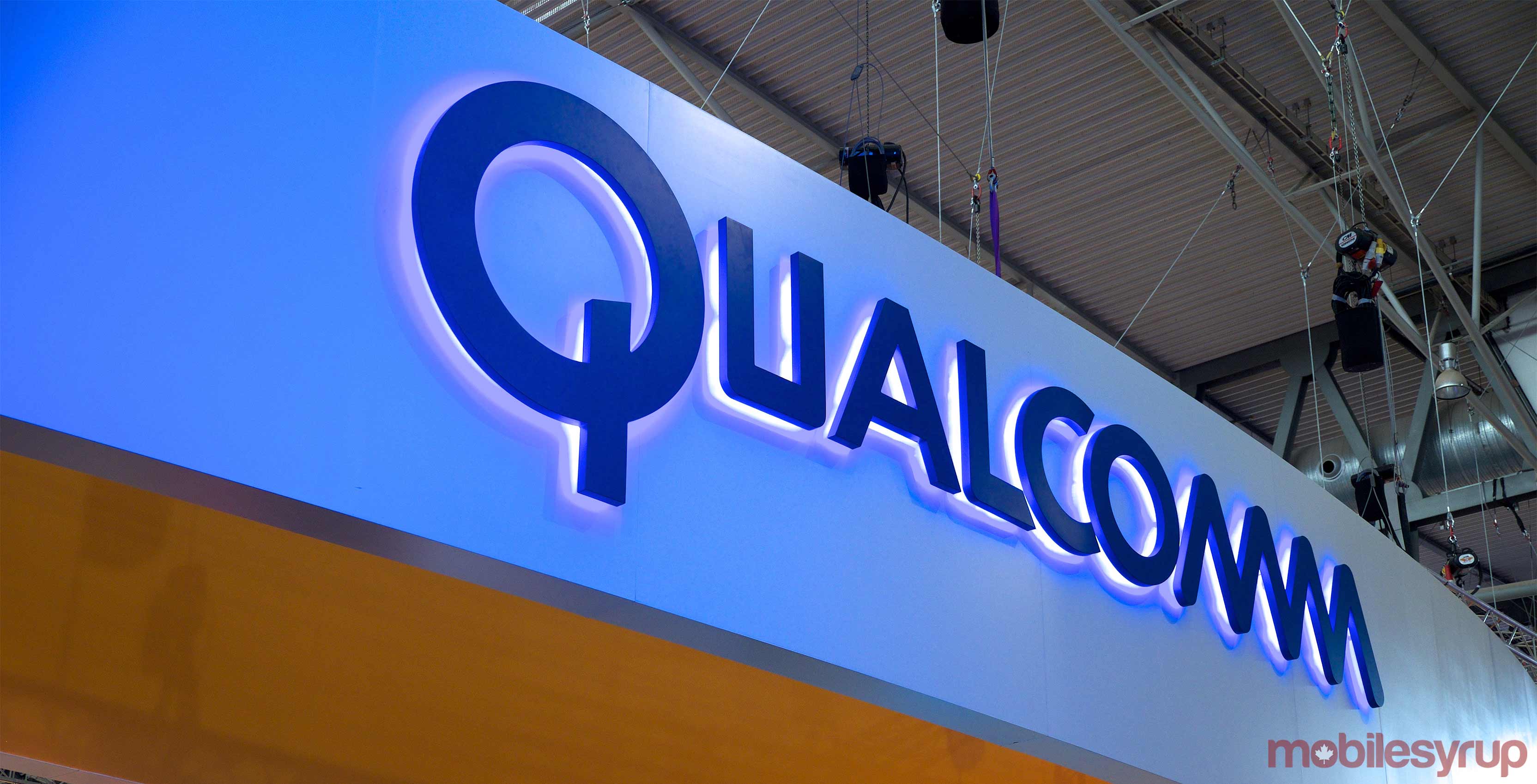
U.S.-based chip manufacturer Qualcomm is integrating support for the newest Wi-Fi security standards across its mobile and networking chips.
The new standard is the third generation of the Wi-Fi Protected Access (WPA) security suite. You may be familiar with its predecessor, WPA2, a popular type of security for most Wi-Fi networks.
WPA3 is a product of the Wi-Fi Alliance, a worldwide network of companies that promote and certify Wi-Fi technologies. WPA3 provides stronger security and privacy on both private and public networks.
The new standard also features stronger encryption, which should provide more secure wireless access even when network passwords aren’t as secure as recommended.
Users will also be able to experience data privacy protections when using devices on open networks thanks to Opportunistic Wireless Encryption (OWE). OWE provides the ease of connecting to an open network with more security than the common practice of using WPA2 with an openly shared password.
On top of that, the enhanced cryptography ensures strong security protections for networking technology in public, medical and finance sectors.
Qualcomm is planning to begin incorporating the new security features into chipsets this summer. For mobile devices, Qualcomm will start with the Snapdragon 845 platform in summer 2018.
WPA3 is an answer to the Key Reinstallation Attack (KRACK) vulnerability that was discovered late last year. KRACK works by attacking the third stage in a four-way authentication ‘handshake’ between your device and a protected Wi-Fi network.
The encryption key can be resent multiple times during the third stage. By abusing this system, attackers can collect and resend those transmissions in specific ways that allow them to break the encryption.
The solution to this was patching WPA2, but the flaw was with WPA2 itself. WPA3 is ultimately the best protection for users as it replaces the older, flawed system.
It’s good to see Qualcomm working so quickly to push out the new security protocol.
Source: Qualcomm
MobileSyrup may earn a commission from purchases made via our links, which helps fund the journalism we provide free on our website. These links do not influence our editorial content. Support us here.


